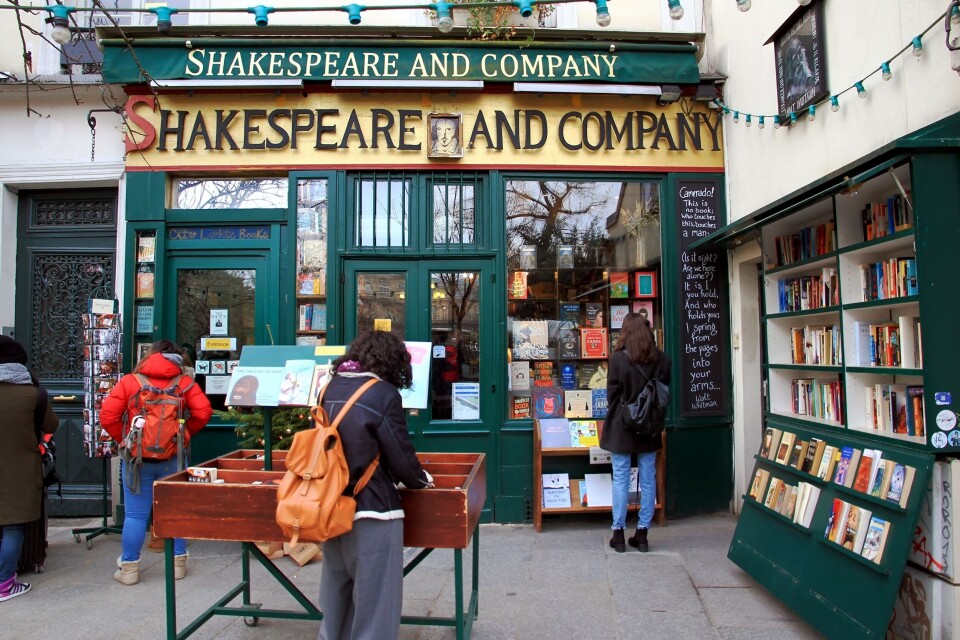-
Free fraud service for UK homeowners living in France
Owners are encouraged to sign up for a free monitoring service from HM Land Registry to reduce risk
-
New civic tests for foreigners in France launch amid criticism
Applicants for some types of residency cards must now take 45-minute test
-
Workers in France can take 17-day break using only eight days of leave in 2026
Favourable calendar for public holidays makes extended May break possible, with five guaranteed long weekends throughout year
Why ordering books online in France will become more expensive
It is a move to encourage readers to buy at bookshops on French high streets

France will introduce a new €3 charge for books ordered online.
The mandatory shipping charge is aimed at pushing people in France to purchase at physical bookstores.
From October 7, the extra fee will be added to online orders of less than €35.
The move will be a boost for France’s independent bookstores, of which there are an estimated 3,500.
Inflationary effect?
Currently, online book orders have a shipping fee of just €0.01 – a policy that helped readers order through independent bookstores during the Covid-19 lockdown.
A law was passed in 2021 to change this, with Paris having to get the European Commission’s approval to implement it.
“This [legislation] will adapt the book industry to the digital era by restoring an equilibrium between large e-commerce platforms, which offer virtually free delivery for books whatever the order size, and bookstores that cannot match these delivery prices,” France’s culture and finance ministries said in a joint statement at the time.
The €0.01 fee will remain in place for orders of more than €35 but implementing the mandatory increased shipping cost for small orders is expected to guide people to buy books physically, boosting business for smaller shops.
E-commerce giant Amazon cited the current inflation crisis as a reason to keep the current pricing levels.
“The introduction of a minimum shipping rate would have a major inflationary effect, driving up the cost of acquiring books sold online and affecting the purchasing power of readers – especially those living far from the points physical sales outlets and have no alternative,” the company said in a statement.
Further protection for bookstores
Independent bookstores are seen as an intangible part of France’s rich literary heritage and have benefitted from a number of protections over the years.
The 1981 Loi Lang limited discounts on new books to only 5%, preventing chains (and subsequently online retailers) from undercutting local stores.
During the Covid-19 lockdowns, independent bookstores were not deemed as “essential” and therefore closed, but the government helped cover the delivery costs of online book purchases from small- and medium-sized businesses.
According to the latest figures, a record number of independent bookstores opened in France last year.
Related articles
English-language bookshop in Paris looks to a bright future
Five French words that we use in English…and vice versa
























